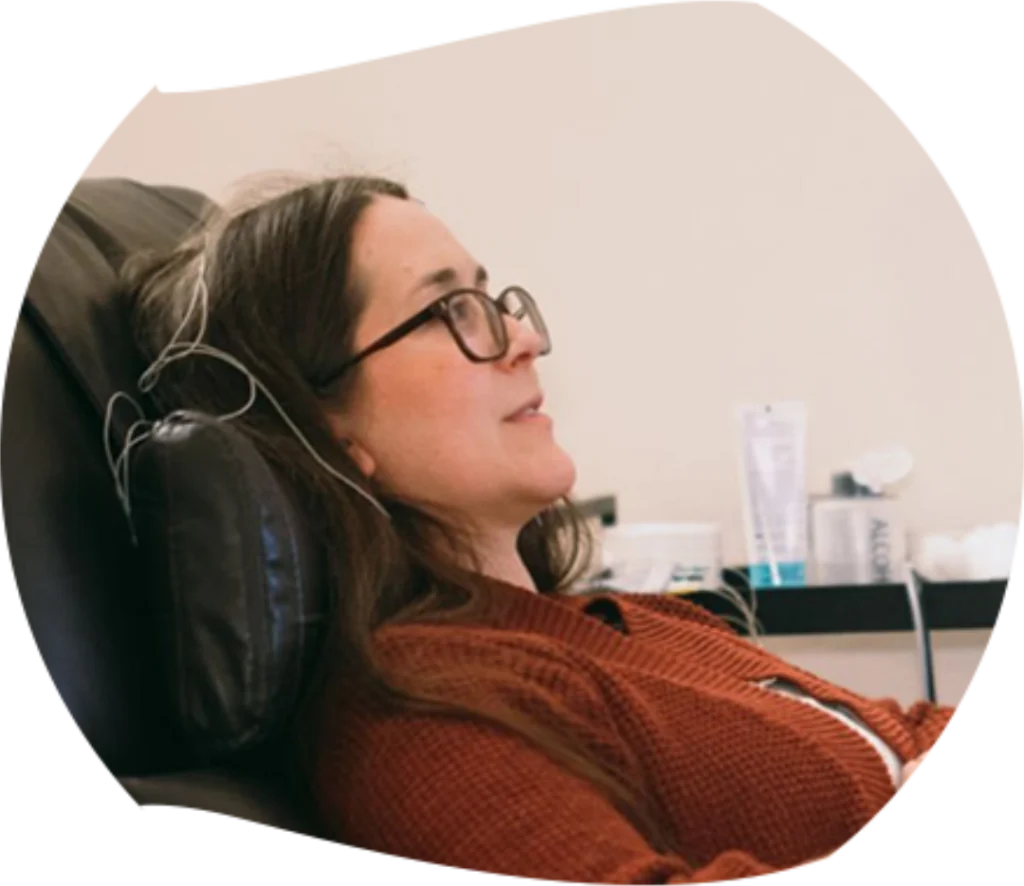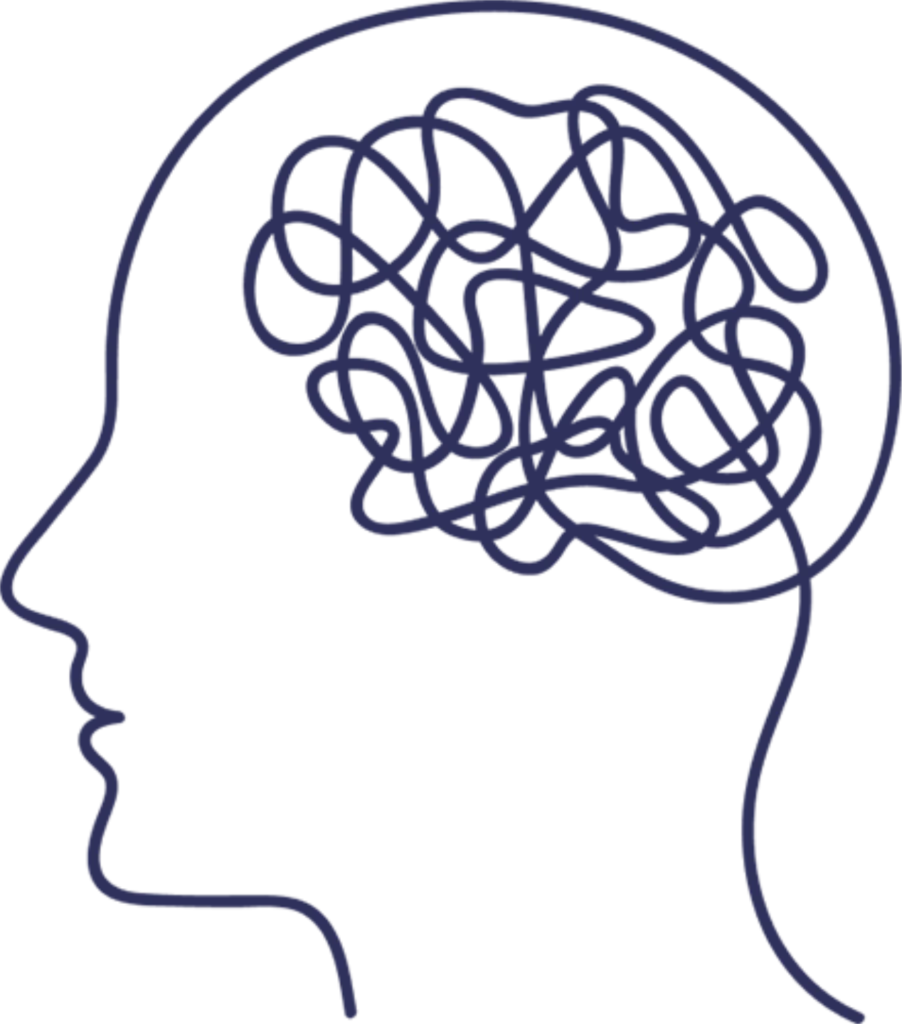Neurofeedback Therapy at Field Trip Health |
Optimize Your Mind, Enhance Wellbeing
Neurofeedback therapy, a non-invasive, evidence-based approach, can help you achieve mental clarity, emotional resilience, and a balanced mind. At Field Trip Health, we’re committed to helping you reach your wellness goals with personalized neurofeedback sessions guided by trained professionals.
What Is Neurofeedback Therapy?
Neurofeedback is a specialized form of biofeedback that allows you to see real-time activity in your brain and gradually train it toward optimal functioning. By measuring brainwave patterns, neurofeedback helps you adjust mental states to improve mood, focus, and overall mental wellness.

How Does Neurofeedback Work?
Neurofeedback therapy uses advanced EEG technology to monitor and display your brain’s activity on a screen. Through visual and auditory feedback, you learn to reinforce positive brainwave patterns, improving self-regulation and mental performance. Each session is safe, comfortable, and customized to your unique needs.
Benefits of Neurofeedback Therapy
Mental Clarity and Focus
Boost concentration and reduce mental fog.
Improved Emotional Balance
Manage stress, anxiety, and mood swings more effectively.
Enhanced Resilience
Build long-term mental resilience and manage triggers
Sleep Quality
Experience deeper, more restorative sleep.
Conditions Treated by Neurofeedback at Field Trip Health

PTSD
Cognitive
Decline
Anxiety
Anxiety
ADHD
Depression
Our Neurofeedback Process
Our team will assess your individual needs and wellness goals to determine the most effective approach for your neurofeedback therapy.
During each session, you’ll receive real-time feedback on your brainwave patterns, learning how to shift them in a positive direction.
After a few sessions, you’ll reconnect with the nurse for a brief check-in to discuss your experience and any changes you’ve noticed. We use simple clinical scales to track progress and ensure you’re getting the most out of neurofeedback in your daily life.
Why Choose Field Trip Health for Neurofeedback Therapy?
Our therapists are certified in neurofeedback and mental health, offering evidence-backed treatment
Every plan is uniquely tailored to your needs, goals, and lifestyle.
Neurofeedback is FDA-approved and completely non-invasive.
FAQs About Neurofeedback Therapy
What results can I expect from neurofeedback therapy?
Most clients experience improvements in focus, mood regulation, and overall mental well-being within a few sessions. Results vary based on individual needs and the conditions treated.
Is neurofeedback therapy safe?
Yes, neurofeedback is a safe, non-invasive therapy that has been FDA-approved for certain applications. Field Trip Health uses only clinically approved equipment and protocols.
How many sessions will I need?
A typical neurofeedback protocol involves 20 sessions. However, the number can vary based on your personal wellness goals. We offer a free first session for those enrolling in other treatment packages to help you get started and decide on the best path forward.
Can neurofeedback be combined with other treatments?
Absolutely. Neurofeedback can complement other therapies, including ketamine-assisted therapy, rTMS, and psychotherapy, enhancing overall effectiveness.
Ready to Start Your Neurofeedback Journey?
Take the first step towards mental clarity and emotional resilience. Book your free discovery call today to learn more about how neurofeedback can benefit you.